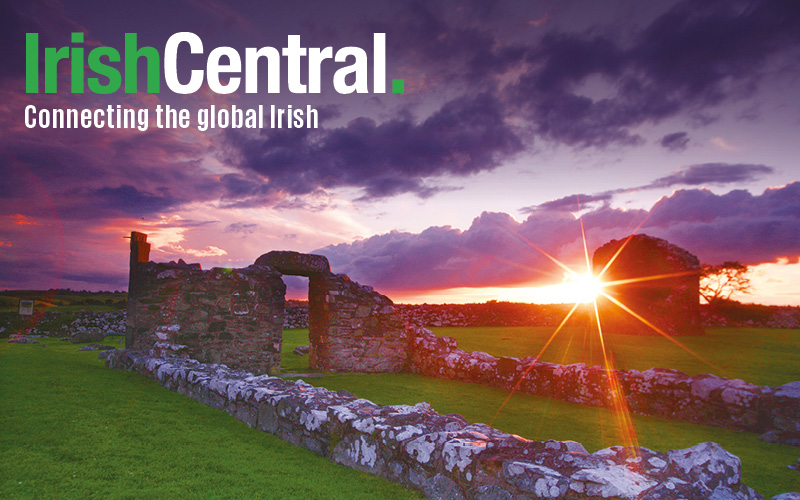Although Pope Benedict is actively considering an invitation to Ireland, he is not expected to travel this year, despite the 50th international Eucharistic Congress being held in Dublin in June.
In contrast to Pope John Paul II’s 1979 visit, when a million people attended opening day ceremonies in Dublin, Irish bishops fear a disastrous downfall in attendance for a papal visit this year due to clerical sexual abuse scandals in Ireland.
It is also believed that the church authorities in Ireland are concerned that a visit by Pope Benedict could spark wide-scale protests and detract from the Congress’s program of events.
Dublin Archbishop Diarmuid Martin said the Irish church is not ready for a new papal visit.
It had initially been hoped that Pope Benedict would attend the Eucharistic Congress.
But Martin indicated that such a trip was unlikely this year, despite Pope Benedict’s consideration and his wish that he travel to Ireland sooner rather than later. Martin highlighted a number of problems that have arisen, including the Pope’s reduced traveling schedule owing to his age.
The archbishop also said a visit was unlikely until the “healing process” for victims of clerical sexual abuse is completed.
After celebrating a Mass to mark World Day of the Sick, Martin said, “The Pope is in his 80s, his travel will have to be reduced and there’s a very big event on the week beforehand to which he is certainly going, so we'll just wait and see.”
____________
Pope Benedict snubs Dublin's Archbishop Martin for new cardinal list
Pope Benedict officially invited to Eucharistic Congress in Dublin this June
Cardinal says Vatican and Pope Benedict should be congratulated over pedophile handling – POLL
_____________
Martin also said the Pope’s arrival depended on how far along the process of healing had gone. There were “still many steps to be taken.”
He added, “It would require a lot of work, ensuring that people who feel wounded by the church would have the opportunity for healing, and I don’t think this would be something that was imposed.”
Pope Benedict has personally told Martin that he was open to coming for the Eucharistic Congress and would give it “serious consideration.”
Martin added, “But he said -- and this I agree with -- that his coming would have to fit in with the overall program and timetable of the renewal of the church in Ireland. Short-circuiting that program wouldn’t bring the benefits that a papal visit would bring, and I am not sure that we are at that stage yet.”
Tens of thousands of Catholics from home and abroad will attend the Congress. There will be 25,000 people in the RDS in Dublin daily from June 10, rising to 80,000 for the closing ceremony in Croke Park on June 17.
Taoiseach (Prime Minister) Enda Kenny has said he told Martin and All-Ireland Primate Cardinal Sean Brady that the government was willing to invite Pope Benedict to Ireland, but there would not be a review of the decision to close Ireland’s embassy to the Vatican.
Kenny also said people had assumed the closure of the embassy was related to his speech on the Cloyne Report last year, in which he strongly criticized the Vatican for failing to co-operate with State investigations into clerical sexual abuse.
Kenny said, “Nothing could be further from the truth.”
Kenny added that if Pope Benedict accepted an invitation to the Congress, the government would “treat his holiness with the respect that his status and his office require.”
The Eucharistic Congress was last held in Ireland in 1932, when papal count John McCormack, world-famous Athlone-born tenor, sang “Panis Angelicus” to thousands who thronged Dublin’s Phoenix Park.
As well as the prayers and talks at this year’s Congress, there will be a range of activities, including movies, choirs, cultural exhibitions, plays, gospel music, traditional Irish music, liturgical dance, Christian rock bands, orchestras, workshops on song and other artistic expressions.
Pilgrims from more than 95 countries have already registered to attend.




Comments